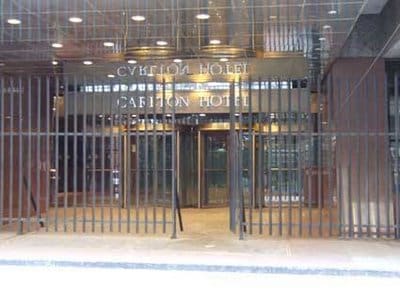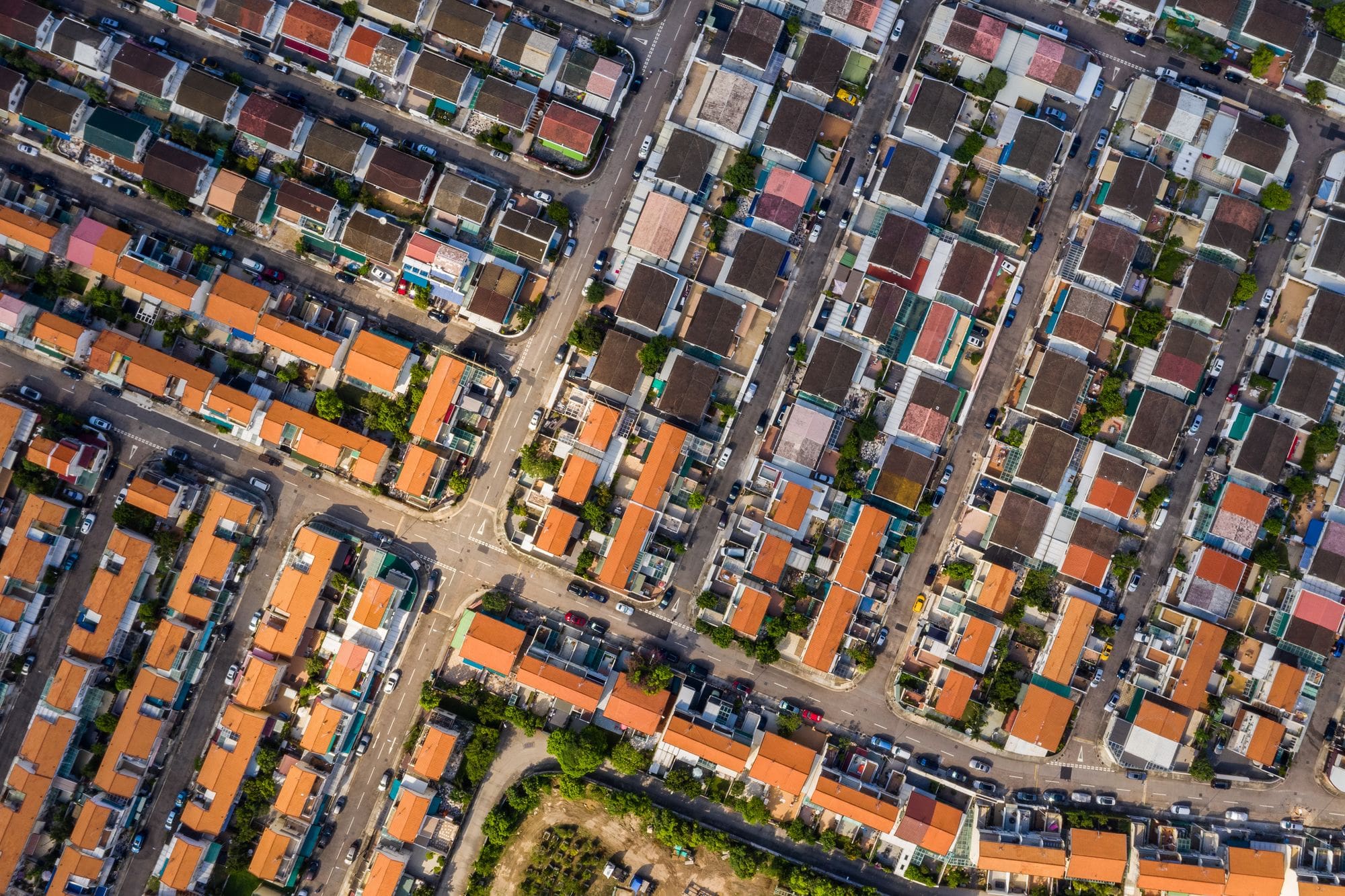Live, Work, Play
While the private health sector has been rightly criticised by the latest Competition Commission investigation, Who Owns Whom’s recent report on travel and tourism shows this industry attracts a large number of tourists to South Africa.
It is estimated that 80% of South Africa’s medical tourists are African visitors seeking treatment that is either not available or not easily accessible in their own countries. Most health tourists come for elective surgery procedures such as cosmetic surgery, and ‘Surgery-Spa-Safari’ package tours are actively marketed by the Medical Tourism Association.
Foreign tourism has increased from under one million arrivals in the 1980s to over 10 million last year. The South African hospitality industry’s image as one providing poor service is long gone, and we are now regarded as one the most friendly holiday destinations. By chance, my wife and I watched one of the English soccer games in a Cape Town pub with a group of English tourists who had arrived with the Lions tour and stayed on to enjoy our hospitality. They enthused about the warm, professional service they got from South Africans. What they don’t know is that a large number of the 1.6 million hospitality workers in South Africa have to get up in the early hours of the morning to travel long distances on poor and unreliable public transport or minibus taxis to their places of work from apartheid-created outbacks such as Delft in Cape Town and Orange Farm in Johannesburg.
There has been speculation that the Western Province Rugby Union is moving to Green Point and some discussion on what to do with Newlands Stadium, and a thought is that it be expropriated by the city for ‘fair and just’ compensation (as per the Constitution) and converted into safe affordable apartments, and the field used as a community space for basketball courts, tennis courts, outdoor gymnasiums and creche playgrounds. Similarly Johannesburg could do the same with mothballed inner city buildings, including the Carlton Hotel, which could be used as a community space.
It is widely acknowledged that the inequality gap in South Africa is not sustainable and these cities could make a contribution to closing this gap by easing the travel burden on city workers.

The outside entrance to the Carlton Hotel barricaded off to try and stop squatters from occupying the building as has happened to many other high rises.
Contact us to access WOW's quality research on African industries and business
Contact UsRelated Articles
BlogCountries Real estate activitiesSouth Africa
How technology has changed the real estate industry
Contents [hide] Digital transformation in the real estate industry Technology is pervasive in all spheres of our lives and the property industry is no exception. It has enabled the real...
BlogCountries Real estate activitiesSouth Africa
Why is the South African real estate industry important?
Contents [hide] Introduction Given the number of research organisations and publications, one would be stating the obvious by emphasising the importance of the real estate industry to the South African...
BlogCountries Real estate activitiesSouth Africa
Is Digitisation and Working from Home Disrupting the Real Estate Sector?
This blog is written at a time when the Real estate sector in South Africa is facing another big knock caused by the massive unrest and looting taking place at...





